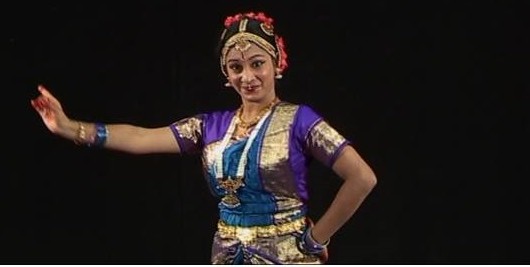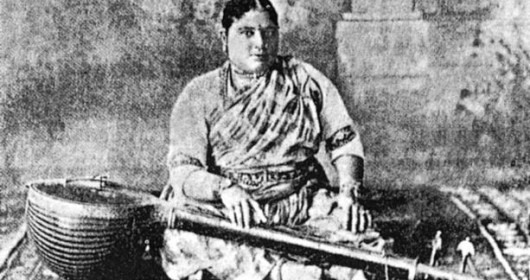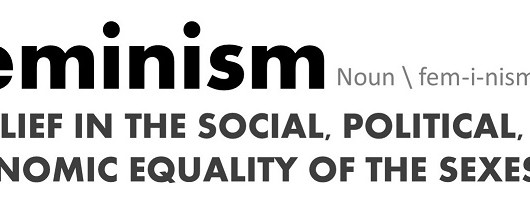Kashmir – Someone’s got to buy it!

I read the word Kashmir for the first time in my life when I was a teen and it made me laugh.
In the small town of Punjab where I grew up there was a small grocery store in my neighborhood, right at the corner of the street. The owner of the store was cranky and smile deficient. He disliked customers who bought stuff on credit, despite it never happening that the borrowers failed to pay off their credit, on the first of every month. He believed strictly in cash at the time of purchase. The fresh bills would bring a short-lived smile on his wrinkled face that vanished at the blink of an eye, before being noticed. Perhaps he was too afraid to express his happiness.
The corner by the store was a hub for self-indulgent neighbors with somewhat bitter feelings about the lack of tangible success in their lives. To be frank, the corner served less as a social meet-up point, and was more of a gossip factory. It held a sort of magnetism, as ironically, no one ever wanted to be left out of the meetings at the corner.
The curious youngsters in the neighborhood, however, were always given a cold shoulder if they dared to sneak into these gatherings at the corner. The group always featured middle-aged elders. All the faces of regular groupies were familiar to each other. It seemed they developed a deep sense of brotherhood. They talked and laughed loudly. However, they would skillfully change the gears of the conversation when any stranger swung by.
This scene would become more interesting when any woman appeared on the site; they would suddenly quieter and would pretend to be well-mannered. They would become self-conscious, start talking in whispers, and tried hard to not look directly at the approaching woman. Though they looked at her out of the corner of their eyes. I observed this many times from a distance. I never liked it and often cursed my own curiosity.
One day, as we passed by our usual store-corner, there was a visible difference. The store owner had put a big notice at the counter. It read: “NO CREDIT UNTIL THE KASHMIR ISSUE IS RESOLVED”. He was perhaps sick of giving credit. But that was the time when the word Kashmir was added to my limited knowledge of geography. Though I laughed at the notice at first, on second thoughts, it made me sad, because habitual borrowers were discontent and had long faces when they realized that they needed to plead, or have cash to buy their desired items. My family was no exception.
Anyway, due to either undue curiosity or my observant nature, it brought me another unpleasant scene to witness.
It happened when a young girl with her elderly mom from the outskirts of our neighborhood came by, while I was goofing around the corner, and where as usual the gossip-loving neighbors were all present. I overheard a suppressed scream from one of the regular groupies which was brimmed with excitement and lust, “Look at the juicy and fresh apple from Kashmir! I had never heard that cat-call before, where an apple was used as a metaphor for a youthful girl.
Later I got to know that the girl and her mom had immigrated from the Indian-administrated part of Kashmir (probably from Poonch District if I remember it correctly). In my observation, they were considered as aliens by the locals who had dark and wheatish skin color. None of us had enough knowledge of their suffering, caused by the unwanted journey of immigration. We never thought, “Who would willingly leave his or her homeland, and their trusted near and dear ones?” But sadly, the fair complexion and beauty of the family was the central subject of conversations, in meetings at the corner.
Contrary to the overall situation, the Kashmiri family was somewhat seen as exempt from the notice as whenever the family came to the store, the owner would welcome them with a wide open smile. They would always pay in cash for grocery and remain dead serious. The owner of the store would insist on deferred payment. “No problem je, pay next time!” The shopkeeper would pay less attention to fresh and crunchy bills and more to their faces. On these occasions, the smile on his face could be seen from miles away!
It often wanted to figure out what the preference of the shopkeeper was – the fresh bills or the fresh faces?
Later in life, I saw many similar notices with the same catch phrase hanging on the entrance of almost every store I stepped in. It always reminded me of the store owner of my neighborhood. It also reminded me of the sheepish customers, walking to his store. Perhaps those people felt bad when they realized that they were not welcome without cash.
I think the Kashmir issue is like my neighborhood credit issue, as neither can ever be resolved. People knew that, it could be seen in their eyes, but no one ever admitted it openly.
Years later when I moved to the United States, I got my first job offer from an Indian expat, Hindu store owner. Not to mention, he treated me well, guided me on a new journey of my life in the new world. We both got along with each other, quickly. Part of the reason was that we both grew up in the same culture, speaking the same language. He was born in the Indian side of Punjab and me in the Pakistan side of Punjab (what an irony!). And part of the reason was that we shared famous Punjabi jokes.
He never missed a chance during my breaks to share his story with me about how he worked hard to live up to his American dream. He was right; he had achieved what he had dreamed of.
One day, I shared with him the ridiculous catch phrase from my street corner, from back home, “No credit until the issue of Kashmir is solved”. He laughed, the way I had laughed when I had read the phrase, the first time. And then he suddenly became sad, the way I had become, the first time. He went silent, and then looked at me, and said, “This is all about profit. On both sides are shopkeepers and Kashmir is on sale for them.”
The rest of the day went by silently, came in a depressing evening, we put the shutter down, and left for our homes quietly and sadly.





